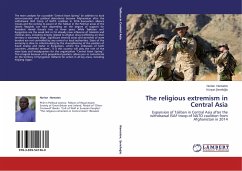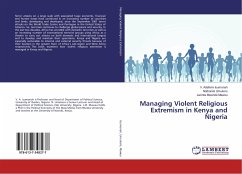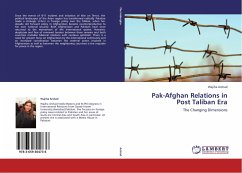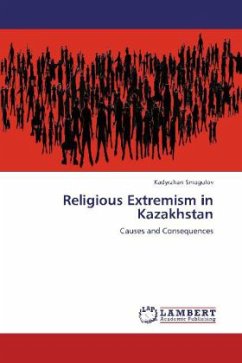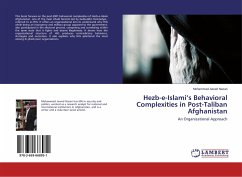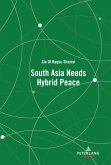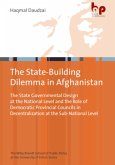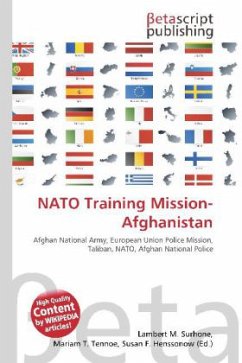The main catalysts for a possible Central Asian Spring (in addition to local socio-economic and political distortions) become Afghanistan after the withdrawal ISAF troop of NATO coalition in 2014. Evacuation alliance troops and the coming to power of the Taliban in the Pashtun areas of the Islamic Republic can take depending on the degree of support for President Hamid Karzai's two or three years. While Tajikistan and Kyrgyzstan are the weak link in CA already now influence of Islamists and criminal clans, including directly related to Afghan drug trafficking on their territory is extremely large. Significant internal areas and stretches of state borders are not controlled by any central or local authorities. State of the economy is close to critical.Judjing by the strengthening of the position of Saudi Arabia and Qatar in Kyrgyzstan, where the embassies of both countries Wahhabi tandem , it is this country will play the role of the main base and headquarters for the organizationCentral Asian Spring . This is logical because of its geopolitical position, allows you to concentrate on the territory of Kyrgyzstan militants for action in all key areas, including Xinjiang Uygur.
Bitte wählen Sie Ihr Anliegen aus.
Rechnungen
Retourenschein anfordern
Bestellstatus
Storno

